Introduction
The Victorian era, spanning the reign of Queen Victoria from 1837 to 1901, was a time of unparalleled refinement and cultural richness. Names from this period exude elegance and sophistication, drawing inspiration from literature, royalty, and religious tradition. Today, these timeless monikers continue to captivate us, evoking an air of romance and grace unmatched by modern naming trends.
Setting the Scene: The Timeless Allure of Victorian Names
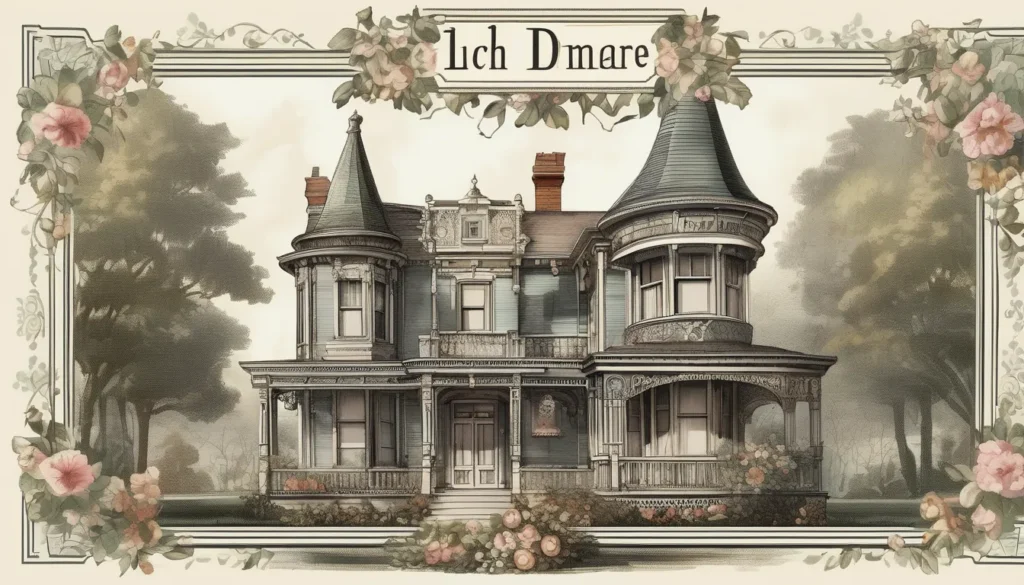
Victorian names are more than mere labels; they are reflections of an era defined by its attention to detail, propriety, and an almost poetic approach to life. They conjure images of sprawling estates, elaborate gowns, and an unwavering commitment to tradition. These names have a lyrical quality that resonates with modern parents seeking a touch of vintage charm for their children.
Why Victorian Names Continue to Captivate Modern Times
In today’s fast-paced world, Victorian names offer a return to simplicity and timeless beauty. Their structured elegance and profound meanings make them especially appealing to those who value heritage. Whether it’s their association with literary masterpieces or their connection to historical figures, Victorian-era names stand as enduring symbols of grace and sophistication.
The Characteristics of Victorian-Era Names
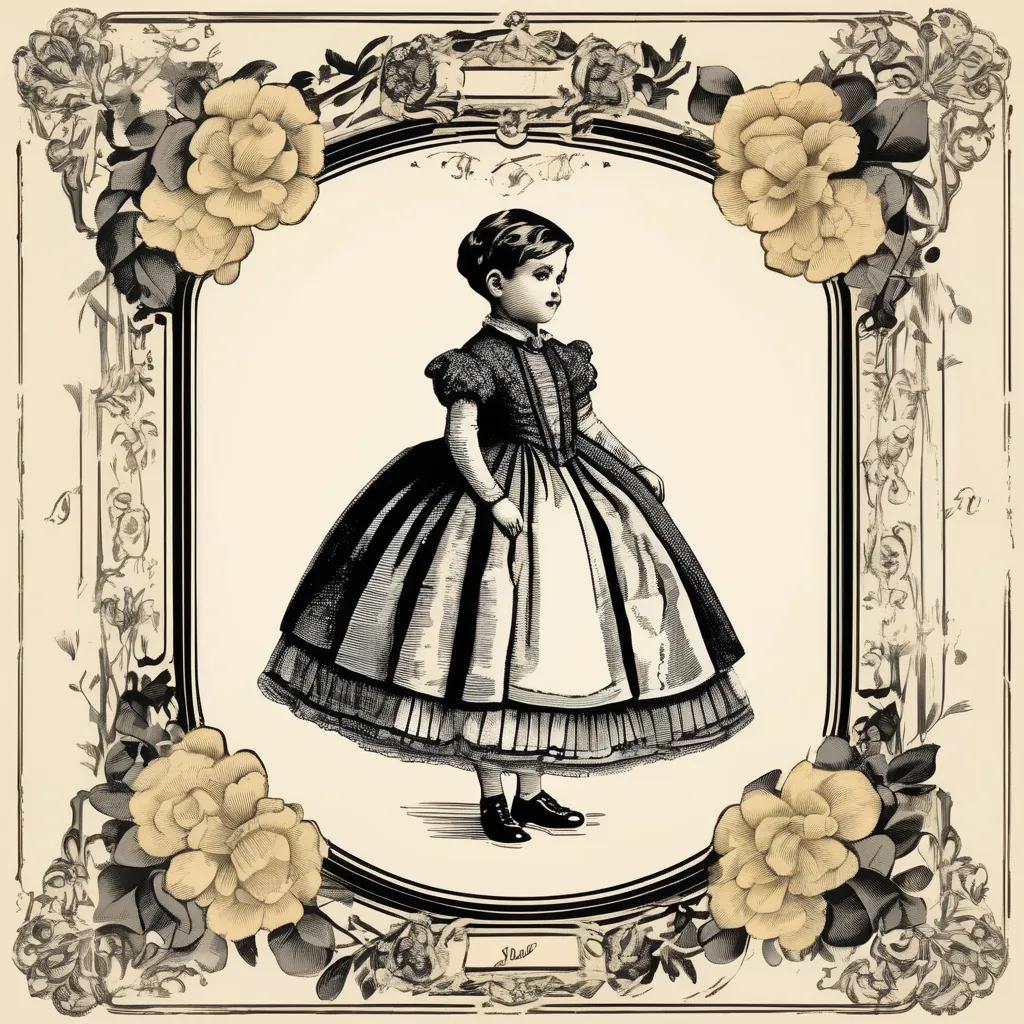
The Influence of Literature, Royalty, and Religion
The Victorian era was a time of intellectual and cultural flourishing. Names were often inspired by the works of beloved authors like Charles Dickens, Jane Austen, and the Brontë sisters. Religious devotion also played a significant role, with biblical names like Mary, Sarah, and John being particularly popular. Meanwhile, royal influences introduced names such as Victoria and Albert, which carried an inherent nobility.
The Appeal of Graceful Sounds and Meanings
Victorian names were crafted with a melodic quality, often featuring soft syllables and harmonious combinations. Names like Amelia and Evelyn roll off the tongue, while others, such as Grace and Faith, carried virtues that reflected societal values. This emphasis on sound and meaning is why these names continue to resonate.
Popular Trends in Victorian Naming Conventions
Double-barrel names, such as Mary-Anne or John-Paul, were a hallmark of the era, often signifying lineage or paying homage to family heritage. Additionally, middle names grew in popularity, adding depth and personal significance to names, which often incorporated ancestral ties.
Feminine Victorian Names with Grace and Elegance
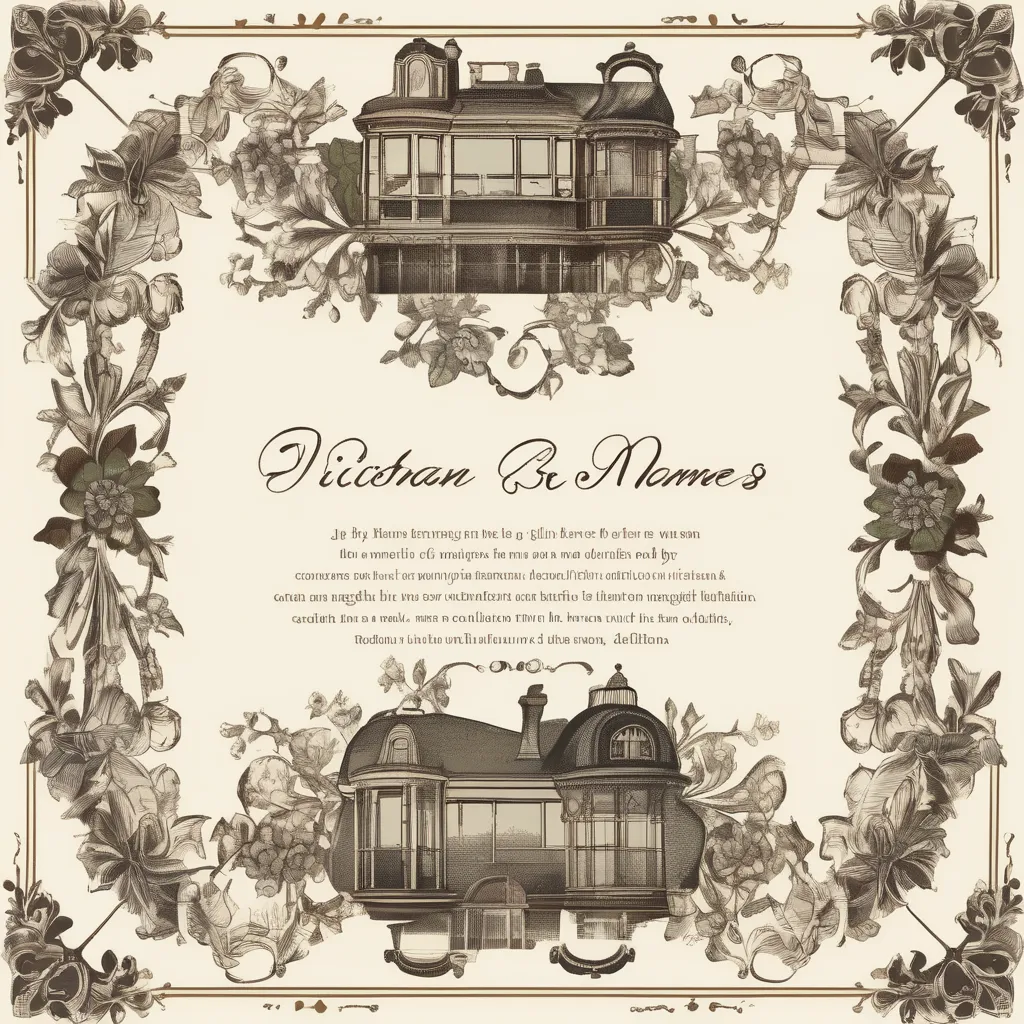
Classic Favorites: Elizabeth, Victoria, and Margaret
These timeless names have remained steadfast in their popularity, thanks to their regal and universal appeal. Elizabeth, a name steeped in royal history, symbolizes strength and resilience. Victoria, derived from the Latin word for victory, became synonymous with the era itself, while Margaret, meaning “pearl,” evokes beauty and sophistication.
Romantic and Poetic Names: Arabella, Lavinia, and Felicity
For those seeking a touch of whimsy, Arabella enchants with its aristocratic flair. Lavinia, rich in literary associations, carries a sense of grandeur, while Felicity, meaning “happiness,” adds a cheerful yet refined touch to any name list.
Rare and Unique Gems: Isadora, Cordelia, and Eulalie
For parents yearning for something less conventional, these names offer a world of charm. Isadora, meaning “gift of Isis,” has an exotic allure. Cordelia, famously used by Shakespeare, epitomizes refinement, while Eulalie’s lyrical quality sets it apart as a truly unique choice.
Masculine Victorian Names with Strength and Sophistication

Noble and Timeless Names: Henry, Arthur, and Edward
These names embody the quintessential qualities of Victorian masculinity: honor, courage, and intellect. Henry, rooted in royalty, signifies leadership. Arthur, associated with the legendary King Arthur, evokes heroism, and Edward conveys a sense of quiet dignity.
Literary Inspirations: Oscar, Byron, and Victor
Literature influenced many Victorian parents, with names like Oscar (as in Wilde), Byron (the romantic poet), and Victor (from Hugo) capturing the intellectual and creative spirit of the time.
Distinctive Choices: Percival, Alaric, and Godfrey
For those drawn to less common names, Percival offers a knightly charm, Alaric carries a bold Gothic allure, and Godfrey combines strength with a touch of mystique.
Unisex Victorian Names and Their Modern Appeal
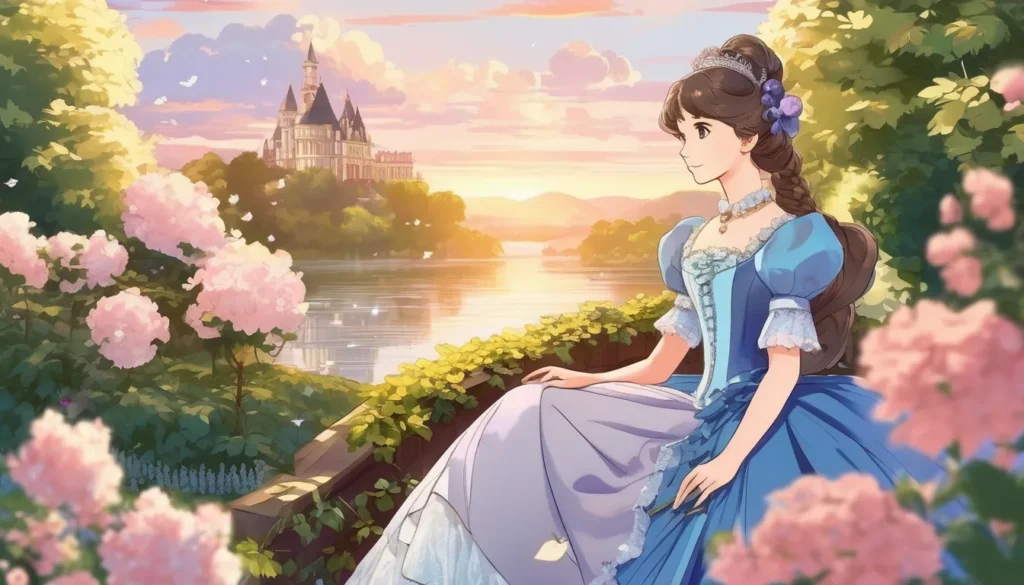
The Rise of Gender-Neutral Naming Trends
While traditionally Victorian names leaned toward clear gender distinctions, many names have transitioned into unisex options, appealing to modern sensibilities. This trend highlights their adaptability and timeless relevance.
Examples of Versatile Names: Avery, Morgan, and Sidney
Names like Avery and Morgan, originally surnames, became popular as first names for both genders. Sidney, with its roots in Old English, maintains a classic yet versatile charm.
Middle Names and Their Role in Victorian Naming Tradition
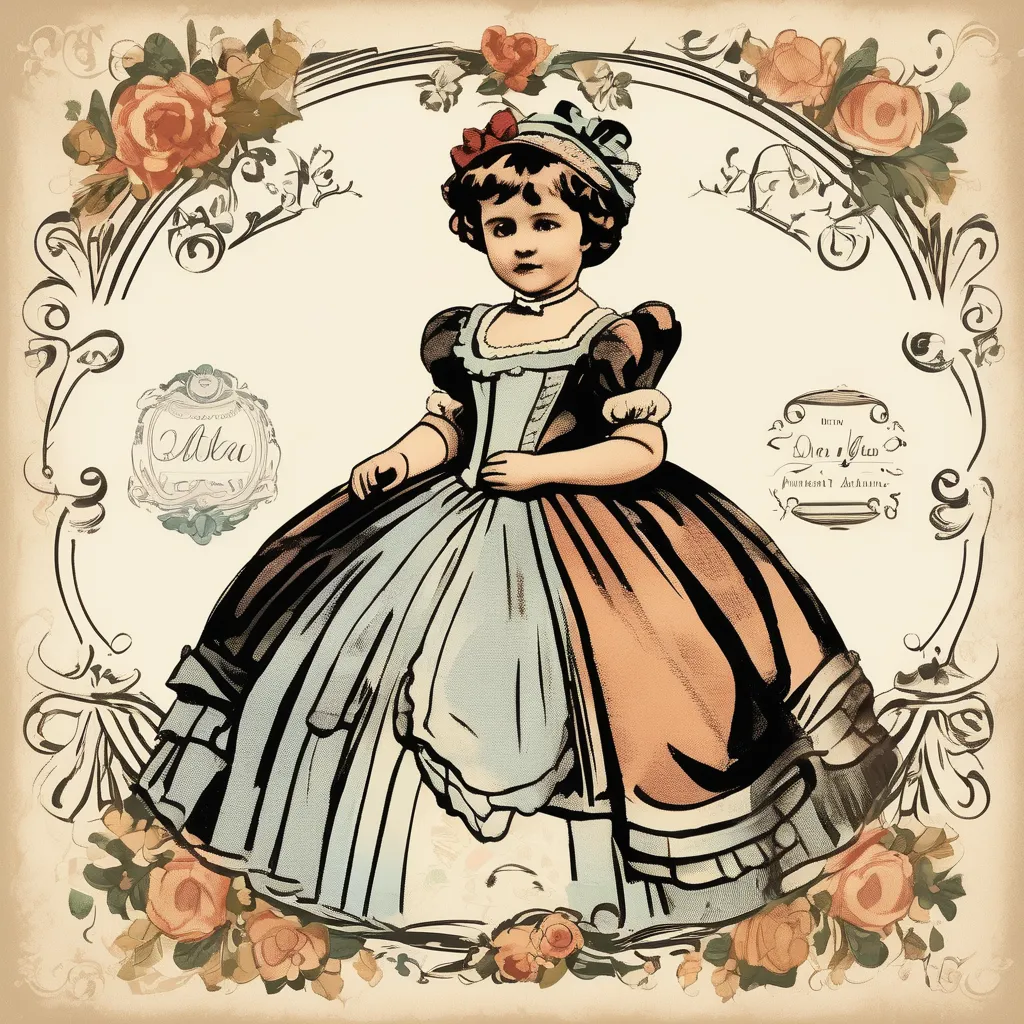
The Tradition of Double-Barrel Names: Mary-Anne, John-Paul
Double-barrel names were often used to honor multiple family members or to showcase lineage. These combinations added elegance and individuality to otherwise common names.
Middle Names as Homages to Family Heritage
Victorians frequently used middle names to pay tribute to ancestors, weaving familial connections into a child’s identity. Names like Grace or James were often paired with surnames or virtues.
Creative Victorian Pairings Still Popular Today
Victorian pairings such as Clara-Jane or Edward-James have stood the test of time, blending simplicity with a touch of vintage flair.
The Cultural and Historical Legacy of Victorian Names
The Influence of the Victorian Era on Modern Baby Naming
From television dramas to literary revivals, the Victorian era continues to inspire baby naming trends. Names from this period offer a unique combination of history and elegance.
Famous Figures Who Shaped Victorian Name Trends
Prominent figures like Queen Victoria, Charles Dickens, and Florence Nightingale influenced naming conventions, cementing their favorite names in public consciousness.
How Victorian Names Reflect Social Status and Values
Names were often chosen to convey a family’s social standing or to reflect virtues like piety, humility, and strength. This tradition still holds relevance for many parents today.
How to Choose a Victorian-Inspired Name Today

Tips for Balancing Tradition and Individuality
When selecting a Victorian name, consider pairing a classic first name with a modern middle name for a balanced, timeless appeal.
Modern Adaptations of Victorian Names
Names like Charlotte and Oliver are modern adaptations that maintain their Victorian roots while feeling fresh and contemporary.
Incorporating Victorian Names into Sibling Sets
Creating cohesive sibling sets with names like Eleanor and Henry or Clara and Arthur can bring harmony and elegance to a family’s naming tradition.
Conclusion
The Victorian era gifted us a treasure trove of elegant and timeless names. Their charm lies in their ability to evoke a sense of history, beauty, and grace, making them as relevant today as they were over a century ago. Whether you’re drawn to their literary roots, regal connections, or melodious sounds, Victorian names will always hold a special place in the world of baby naming.